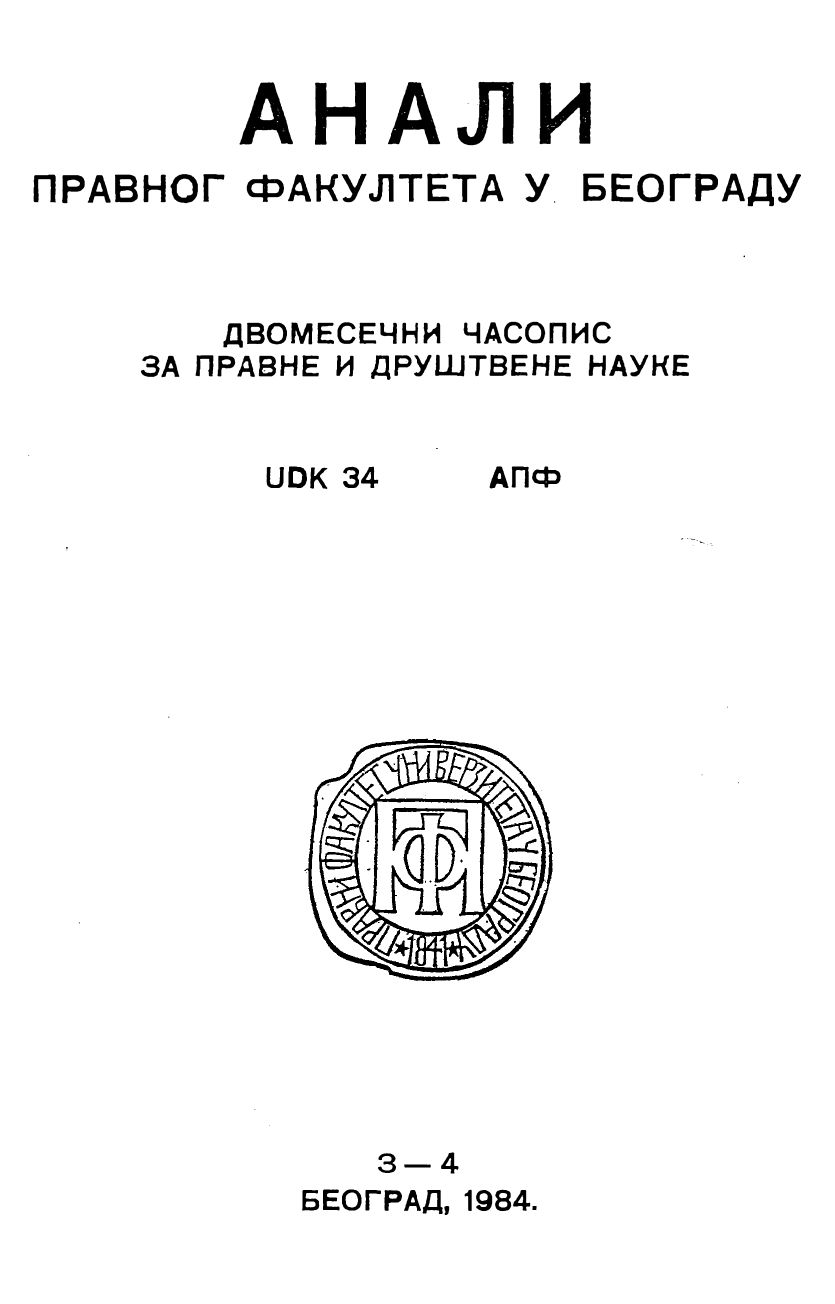ВЛАДА И АДМИНИСТРАЦИЈА У ФРАНЦУСКОЈ И ЈУГОСЛАВИЈИ
THE CONSTITUTIONAL POSITION OF THE GOVERNMENT
Author(s): Francis HamonSubject(s): Politics / Political Sciences, Politics, Government/Political systems
Published by: Правни факултет Универзитета у Београду
Summary/Abstract: The author of this report analyses the question of the position of the Government, the Parliament and the President of the Republic, according to the French Constitution of October 4, 1958, and their relations in practice. Traditionally, in the parliamentary system, executive power is excercised by the President of the Republic and the Government. New features are a strong presidential power and weaker parliamentary authority. The President of the Republic appoints the Prime Minister. On the proposition of the Prime Minister, the President of the Republic appoints the members of the Government and sets the limits of their functions. There exists incompability between the mandate in Parliament and the functions as member of the Government. The composition of the Government is not legally regulated, but there exist state ministers, ministers, ministers delegated by. the Prime Minister and state secretaries. The number of minister positions is related to the balance of political power. The Government is made up of the Council of Ministers, the Interministrial Committee, other committies. The general coordination of the Government bodies is done by the General Secretariat. The functionning of the Government is based on three principles: hierarchy, collectivity and solidarity. The Government has dual responsability — to the Parliament and to the President of the Republic. Every minister for himself is responsible to the Prime Minister. According to the Constitution, the Government creates and excercises policy, but in practice this is done by the President of the Republic. The Government has significant authority in regard to the administration and the economy, participates in the law procedure and has regulative authority. The author concludes that the Prime Minister has significant prerogatives in regard to the Parliament, but that he is not the real chief of the executive, and the domination of the President of Republic on the Government is more a result of the political situation then constitutional provisions, so that with the change of policy their relation could also change.
Journal: Анали Правног факултета у Београду
- Issue Year: 32/1984
- Issue No: 3-4
- Page Range: 380-391
- Page Count: 12
- Language: Serbian

